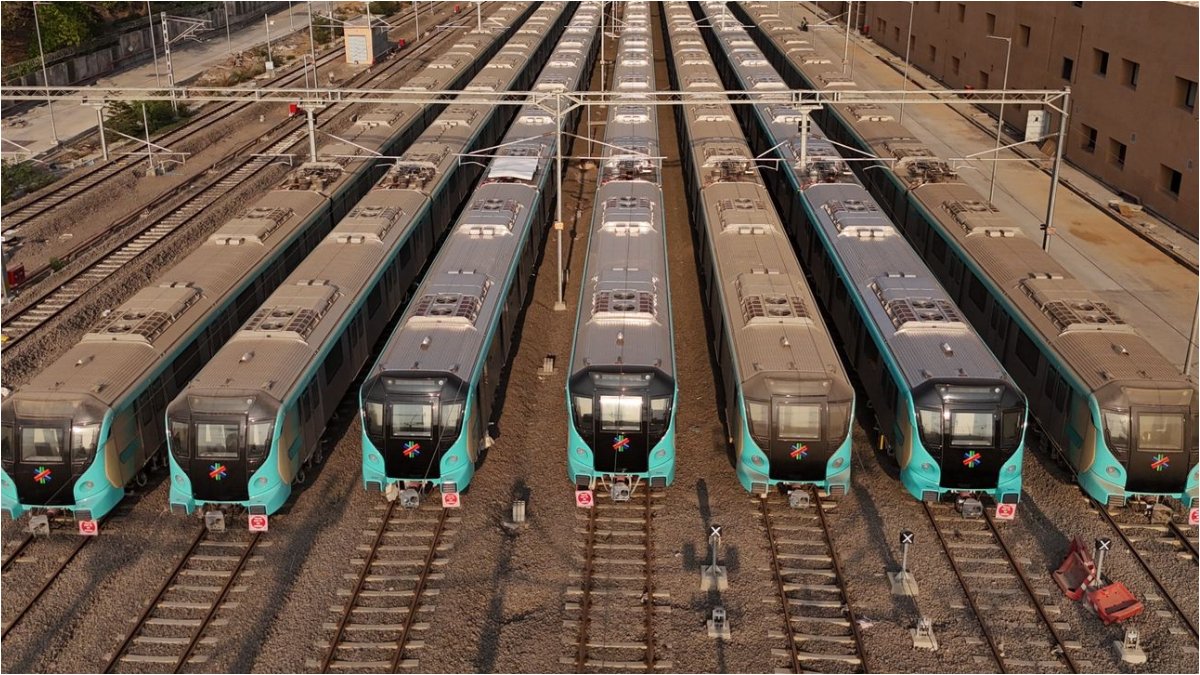The Consulate General of Japan in Mumbai extended its warm congratulations to the citizens of India, particularly Mumbaikars, as well as the Government of Maharashtra and the Government of India, on the partial inauguration of Mumbai Metro Line 3 on Saturday (Oct 5).
The Mumbai Metro Line 3 is a significant infrastructure project supported by Japan under its Official Development Assistance (ODA). The Consulate expressed great pride in the deepening bond between Japan and India, reflected through the success of projects like this. Following the iconic Atal Setu project, the Metro Line 3 aims to revolutionise the daily commute of Mumbaikars by remarkably reducing travel time, alleviating traffic congestion and mitigating air pollution in the bustling metropolis.
The Government of Japan, through its involvement in the development of Mumbai’s transport infrastructure, looks forward to the full operation of Metro Line 3, expected by 2025. The Consulate also stressed the importance of such long-lasting, transformative projects in enhancing the quality of lives of the masses and strengthening the geopolitical partnership between India and Japan.
Official Development Assistance (ODA) and Mumbai Metro Line 3
Japan’s ODA program is a cornerstone of its foreign aid initiatives aimed at promoting sustainable development, infrastructure, and economic stability in developing countries. The Mumbai Metro Line 3 project is one such example, supported by a Japanese ODA loan.
Details On Mumbai Metro 3
The Metro Line 3, which is Mumbai’s first underground metro line, will connect key locations across the city, including the Cuffe Parade business district, SEEPZ, BKC station and the Chhatrapati Shivaji Maharaj International Airport station. The project involves 26 underground stations and one at-grade station, dramatically cutting down travel times, such as a 45-minute journey from the Domestic Airport station to Cuffe Parade, which would typically take over two hours by car during peak traffic.
In addition to reducing congestion and pollution, the project introduces features such as women-only cars, priority seating for those needing assistance, surveillance cameras, and facilities designed for the elderly and disabled. Japan’s support through JICA (Japan International Cooperation Agency) has helped ensure that the project not only meets Mumbai’s growing transportation needs but also ensures a safe, accessible, and efficient commuting experience for all.



